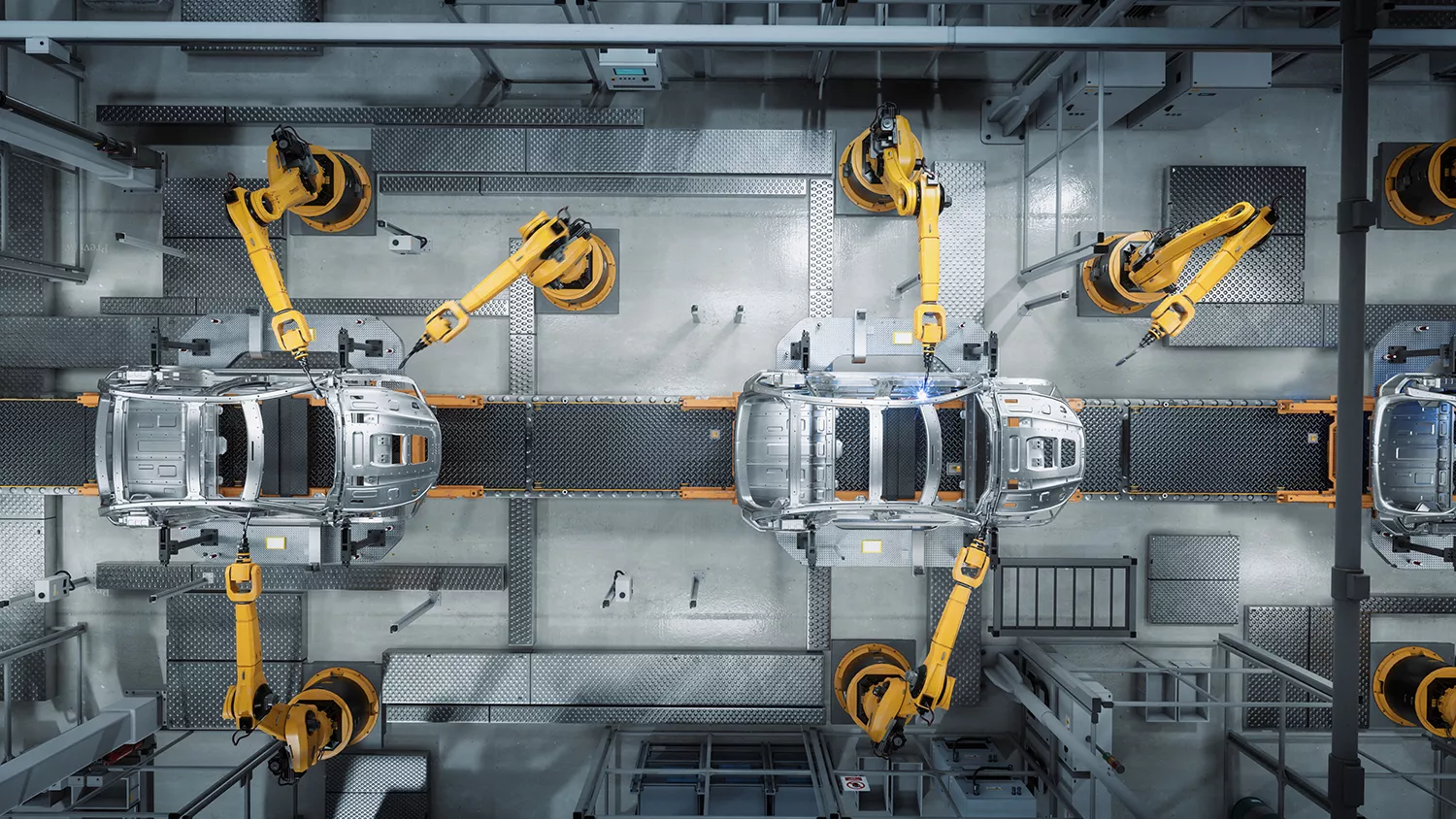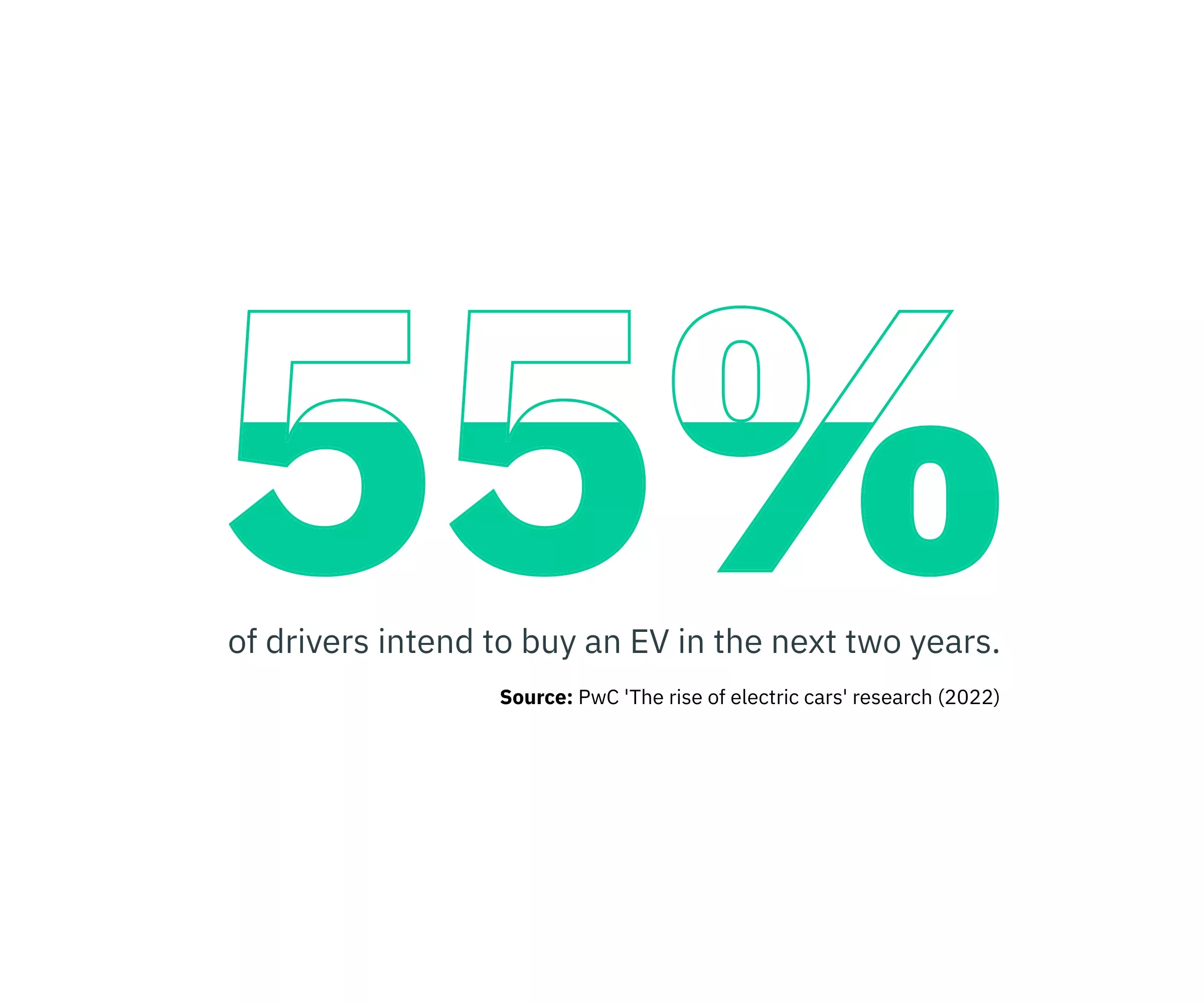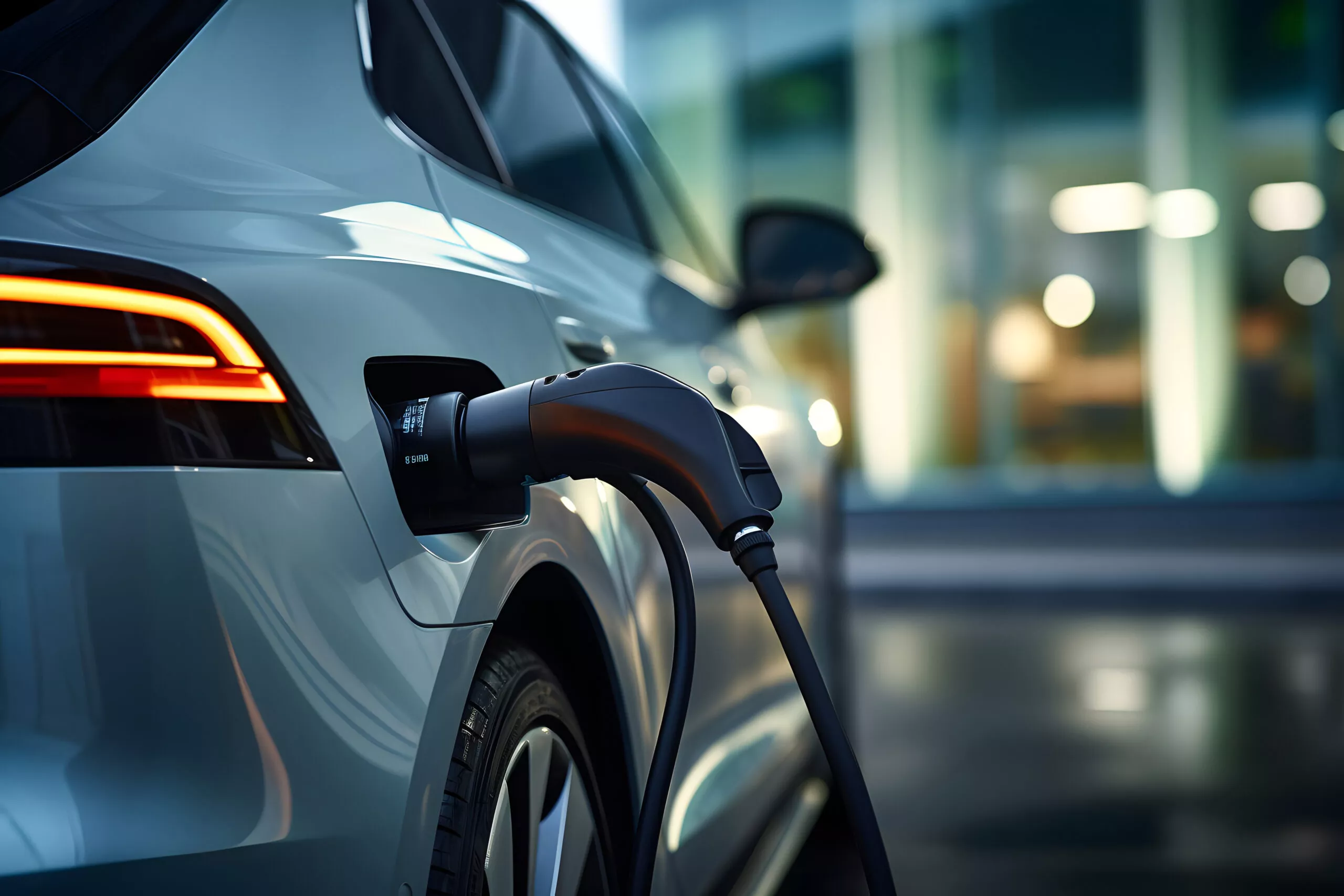EV growth remains steady, but infrastructure lags behind
In recent years, electric vehicles (EVs) have taken the world by storm. They have gone from being a rarity or a luxury to being extremely accessible by many customers around the world. In 2024, nearly 14 million new electric cars were registered globally, bringing the total number of electric cars on the road to 40 million. What’s more, data from PwC shows that 55% of drivers intend to buy an EV in the next two years.
However, in 2024, EV sales began to show signs of slowing down. In both the US and the EU, sales of new electric vehicles have been plateauing since the spring of this year due to a variety of concerns, such as affordability and crucially, a lack of reliable charging infrastructure. Manufacturers are responding accordingly and pivoting back to balancing EV efforts with more traditional fuel-powered cars. In September 2024, Volvo announced that it would abandon its plans to produce only electric cars by 2030.







